Systemic issues drive inequality in the public relations industry
A new study reports a growing class divide in graduate internships as unpaid work persists.
Public relations practice does not represent the public or audiences it aims to represent and engage. Whatever benchmark you choose, whether socio-economic, gender or ethnicity, will show inequality.
These issues are systematically baked into the industry in two ways. We recruit in our image, and we fail to support practitioners throughout their careers in developing the skills they need to get ahead and thrive.
Socially Mobile addresses the second issue by providing fully-funded management training to mid-career practitioners from lower socio-economic backgrounds, as well as under-represented and under-served groups, including Black and ethnic minority practitioners, the LGBTQ+ community, women returners and those with disabilities.
The entry-level access issue is more challenging. The routes into public relations practice favour applicants from privileged backgrounds, notably individuals who can access the network of friends or family and work for limited or no pay.
A new report, Unpaid and Underpaid, published today by the Sutton Trust spotlights this issue by showing the growing gap between working-class and middle-class graduates in landing internship routes into careers.
A poll of recent graduates conducted by Public First for the Sutton Trust shows that over half (51%) have undertaken an internship, a 12 percentage point increase from 2018. A quarter (27%) have participated in multiple internships.
The gap between working-class graduates and their middle-class peers in accessing internships has widened substantially since 2018, now at 20 percentage points compared to 12 percentage points in 2018. The proportion of working-class graduates completing an internship is now 36% compared to 55% for their middle-class peers.
It’s illegal not to pay the minimum wage to interns, and yet three-fifths (61%) of internships undertaken by recent graduates were ‘unpaid or underpaid’, down only slightly since 2018. Just below a quarter (23%) were paid less than the minimum wage, while 17% came with expenses only and 21% had no compensation.
Graduates in London were significantly more likely to have undertaken an internship than those in the West Midlands, Yorkshire, Scotland and Wales.
“If employers are serious about wanting to address diversity, they need to advertise roles widely, create an accessible application and recruitment process, and develop a supportive programme of training, cultural support, and critically pay,” said Stephen Waddington, co-founder and director of Socially Mobile.
"Socially Mobile joins the Sutton Trust in calling for a ban on unpaid internships. They're illegal, so it's a zero-sum game, but an important campaign," he added.
Intern consultation
Unpaid and Underpaid report download
You can download a copy of the Unpaid and Underpaid report published by the Sutton Trust report from its website.
